Listen up Notts students: Here are six tips to become a better LGBTQ+ ally
If you didn’t know, it’s LGBTQ+ History Month
So, it’s LGBTQ+ History Month. It commemorates the gay and civil right’s movements as well as the abolition of Section 28 – a UK law introduced by Margaret Thatcher’s Government which prohibited “promotion of homosexuality” by local authorities.
While great strides have been made in improving legal rights, there is so much more to be done to improve the inclusion of LGBTQ+ people in society. There are still many dangerous stereotypes and prejudices that the community faces. Having allies from outside the LGBTQ+ community can help to relieve many of the issues that LGBTQ+ people face.
So, given that many of you likely have queer friends – whether they’re out or not – you might be wondering how you can become a better ally. Here are some tips:
Educate yourself
You can see this message everywhere these days, on all sorts of different topics, but it’s so important. The internet can be a real mixed bag when it comes to seeking out information, but reliable sites like the LGBT Foundation and Stonewall provide easily accessible and accurate information on the history and current affairs in the community.
Literally just get on your phone and google one. It takes 30 seconds.

Know the language
Sometimes, it can seem as though the queer world has its own language, and, in a way, it does.
There are certain terms and slang that are used specifically amongst queer people that non-LGBTQ+ people could benefit from knowing.
At this point, the amount of cisgender people I’ve had to explain what cisgender means to is ridiculous. These words can seem alien and overwhelming at first, but you may find yourself relating to more of them than you’d think.
Check your privilege
In order to be an ally, you need to know where you stand with the community.
Most people, including those within the LGBTQ+ community, will have some form of privilege, whether its race, class, gender, etc. We must be able to acknowledge in ourselves what those privileges allow us and therefore understand when is right to speak up and when is right to listen.
It helps with this thing called empathy.

Assumptions are never a good idea
As a general rule, it’s always good to ask first and speak later, especially if it’s to do with how someone identifies.
If you’re ever unsure of someone’s pronouns, for example, there’s no harm in politely asking. In fact, the person will likely appreciate that over the assumption that they usually receive. It just shows a certain level of understanding and grants you queer brownie points.
Know that you will mess up
It’s ok to make mistakes sometimes. We all do it!
Just prepare to understand where you went wrong and, if necessary, apologise. It’s not useful to anyone for you to beat yourself up or to get offended if someone points it out.
The bigger deal you make out of it, the bigger deal it’s going to be. Simply acknowledge what happened, and move forward with the intention to try not to do it again.
Get involved
Consider ally a word of action, not description. Of course it’s not like your entire life has to become an odyssey to queer enlightenment and equality, but if you see an injustice happening, see what you can do to help. A quick internet search can also help you find a wide variety of local Nottingham LGBTQ+ services which you can help to support.
Related articles recommended by this author:
• It can be hard at uni to say no to socialising, this is why alone time is so important
• Here are the best ideas for a solo date
• Here are all the beautiful views you need to see before leaving Nottingham









































